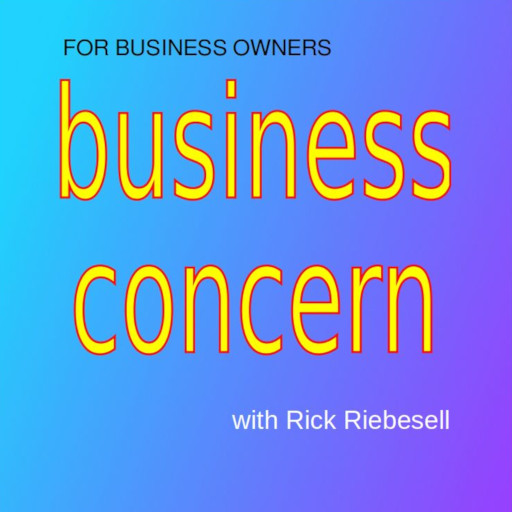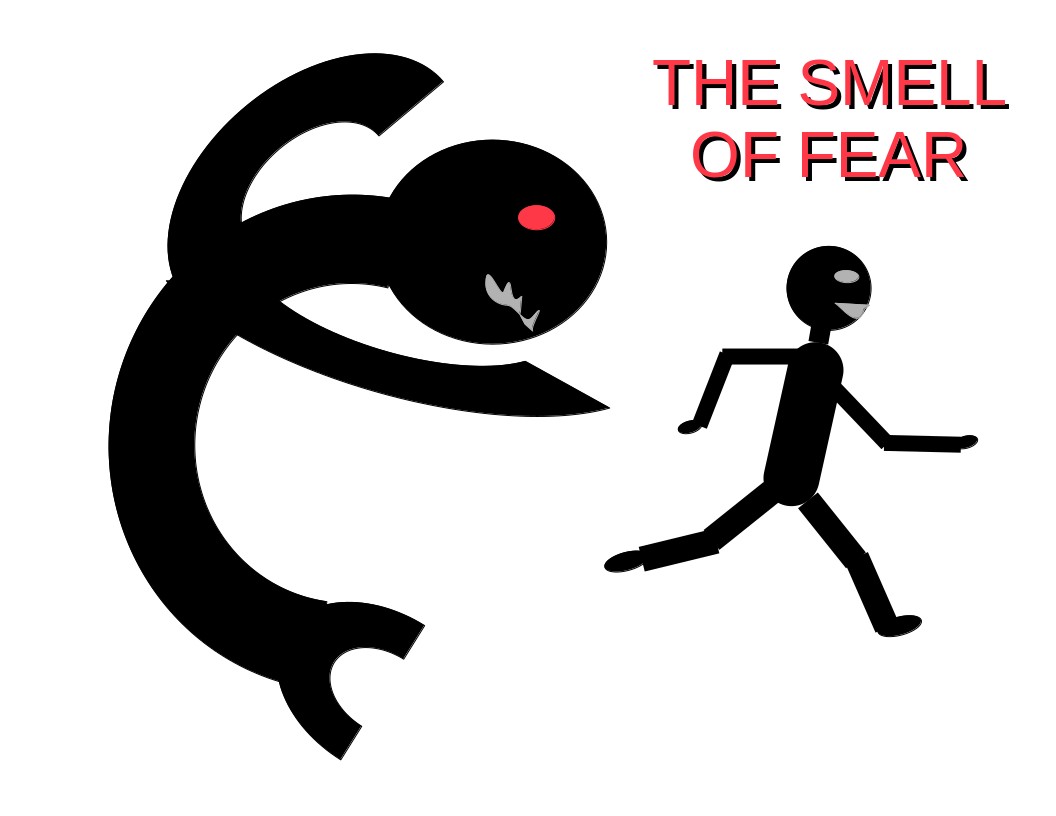What feeling do you have when you see something different in the workplace? What about encountering a new experience? What if someone suggests something that is “off the wall?” Is someone laughing when you do not know what is funny? Do you have an impulse to make fun of something that is new or different? Realize that when your reaction to change is emotional and results in derisive actions, often that reaction based on fear.
I once had a trial lawyer friend of mine tell me that he knew he was doing well in the courtroom when the opposing lawyer started raising his voice. He smelled the fear.
Wild animals are most dangerous when cornered and afraid. You can smell the fear. The remedy for the situation is to back off so the animal no longer fears being cornered. Most wild animals when given the chance will simply run away.
Many of the traits associated with arrogance, such as acting in a derisive manner toward people who are different or rejecting our of hand suggestions offered that are new, are actually ways of masking fear of inadequacy. Actions displaying arrogance often come from someone feeling cornered and attempting to hide concerns about one’s ability. You can smell the fear.
Contrast that with the actions of a humble person who has respect for the thoughts and feelings of others. The person who exhibits kindness and respect toward people representing change shows confidence and courage. These actions do not mean that there is agreement or acceptance of any given situation, but it does support an opportunity for dialogue that is necessary in a group decision-making environment. Where respect is the basis for communication, you cannot smell the fear.
When I am in situations where people are being derided or new ideas are being ridiculed, I smell the fear. What I ask is: where is the fear coming from? What is the inadequacy that is being masked by abusive behavior? How can these fears be addressed? Realize that these actions are acts of cowardice and fear. Try to understand where the fear is coming from and address those concerns. Allow space for understanding by modeling the humility, courage, and confidence that should replace the fearful actions.
Unfortunately the reaction to boorish and aggressive behavior is often anger, which leads to a mirroring of the boorish and aggressive behavior. The urge is to be aggressive and corner the person who is acting out. It is better to recognize the fear causing the arrogant behavior and act in a humble way to allay it and foster future and more productive communication.

